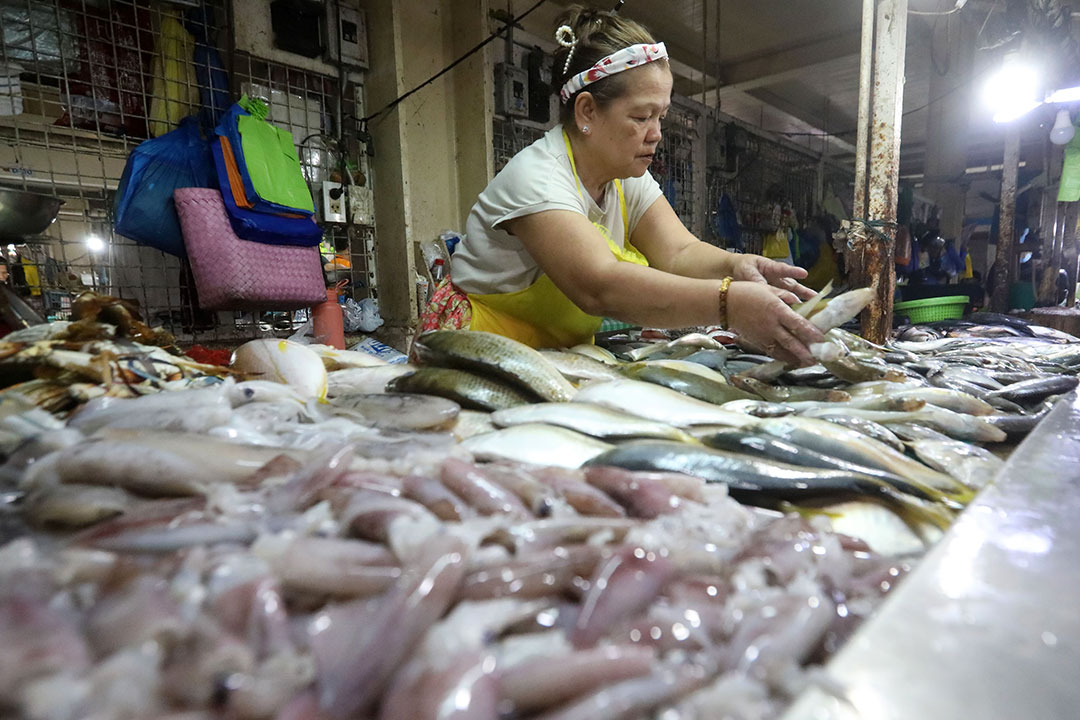PHL consumption may rebound as inflation moderates

PHILIPPINE CONSUMER SPENDING is expected to rebound this year amid easing inflation and improved labor conditions, Fitch Solutions unit BMI said.
“We have a positive outlook for consumer spending in the Philippines in 2024,” it said in an e-mailed commentary on May 8. “Easing inflationary pressures, a slightly favorable labor market and lower interest rates form the base for consumer spending growth.”
BMI sees household spending expanding by 6.4% this year.
The statistics agency on Thursday said household consumption grew by 4.6% in the first quarter, slower than 5.3% in the fourth quarter and 6.4% a year ago.
It was the slowest since the 4.8% decline in the first quarter of 2021 amid a coronavirus pandemic.
Consumption accounts for three-quarters of the Philippine economy.
“Spending will remain impacted by the environment of elevated inflationary pressures over 2023 as well as high debt levels and servicing costs,” BMI said.
“However, easing inflation and a tight labor market will support spending, as real wage growth returns to positive territory, supporting purchasing power over the year,” it added.
Inflation quickened for the third straight month to 3.8% in April from 3.7% in March. It was within the central bank’s 2-4% target for a fifth straight month.
The Bangko Sentral ng Pilipinas (BSP) expects inflation to average 3.8% this year.
“Easing inflationary pressures will provide relief on real household income and enable growth in spending,” BMI said. It also cited the country’s “strong labor market dynamics.”
“This was driven by rapid economic recoveries locally and globally,” it said. “The Philippine government was supportive of local labor markets, resulting in a tightening that pushed up nominal wages.”
Data from the statistics agency showed that the unemployment rate rose to a two-month high of 3.9% in March, equivalent to two million jobless Filipinos.
The underemployment rate eased to 11% from 12.4% a month earlier, the lowest since September 2023.
BMI expects the jobless rate to improve amid government efforts to boost jobs, attract more foreign investments and promote more public-private partnerships.
On the other hand, consumer spending could be dampened by a decline in remittances, a weaker economy and geopolitical tensions in the Middle East, which could stoke oil prices and inflation.
BMI cited the risks to the remittance outlook. “There are several risks to this income over 2024, mostly related to potential financial stress in several global markets, especially the US, which accounts for 41% of total remittances.”
Cash remittances rose by 3% in February to $2.65 billion, data from the central bank showed.
“Another risk is the strengthening of the peso, which could reduce the amounts sent back by overseas workers in local currency terms,” it added. — Luisa Maria Jacinta C. Jocson



